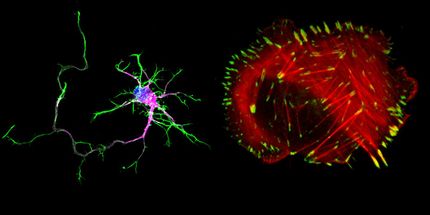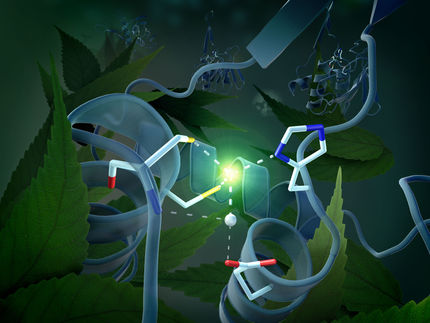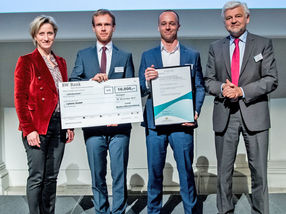Bio-Based Economy Central to Europe’s 2020 Vision
Nathalie Moll, Secretary General of EuropaBio, talks about the role of industrial biotechnology in Europe and EuropaBio’s European Forum for Industrial Biotechnology and The Bio-based Economy.
Industrial biotechnology’s far-reaching potential needs to be matched by appropriate government support in order to ensure its role in meeting society’s grand challenges of limiting the impact of climate change, reducing fossil fuel dependency and creating a smarter, more sustainable economy for Europe.
According to Nathalie Moll, Secretary General of EuropaBio, these issues will continue to fuel debate at this year’s European Forum for Industrial Biotechnology and The Bio-based Economy (EFIB). Organised by EuropaBio, in partnership with IntertechPira, this year’s forum will take place in Amsterdam from October 19th to 20th and will bring together policy makers, NGOs, academics and industry stakeholders to evaluate the evolving political and economic context and growing significance of the industrial biotechnology sector.
As well as facilitating communication and knowledge transfer between key players in the industrial biotech sector, EFIB 2011 will cover key issues such as end-user perspectives and market forecasts; challenges to financing a global bio-based economy; the bio-based economy in the context of the Common Agricultural Policy reform; the bioplastics industry and the critical role played by supportive innovation and funding policy at an EU level.
Moll says: “Part of the appeal of industrial biotechnology is that, in addition to meeting commercial needs, it also creates smart, sustainable and integrated products with reduced impact on the environment. These range from more sustainable industrial processes to everyday consumer benefits such as washing powders that enable users to clean clothes at lower temperatures, making big energy savings.”
Moll believes that there has been clear recognition in the last few years by the European Commission of the important role industrial biotechnology plays in stimulating expansion of the EU economy in a sustainable manner. EuropaBio is extremely encouraged by the strong response and leadership from Commissioner Geoghegan-Quinn and her peers, she says, commenting: “The attention that the Commission is giving to biotechnology as a whole and in particular to industrial biotech in the context of the upcoming Horizon 2020 programme as well as of the Knowledge-Based Bio-Economy Strategy clearly highlights this technology’s role in supporting the European economy in the smartest, most sustainable and inclusive manner.”
However, with the US, Asia and South America committing to long term research and funding of the biotech sector and its applications, Europe will need to introduce even greater incentives to create a level playing field for bio-based products and enable the market penetration required for Europe’s bio-based economy to succeed in the coming years.
“In order to be successful and competitive with the rest of the world, Europe needs to stimulate market demand. To do this we need not only to improve communication throughout the value chain and with end consumers about the role and benefits of industrial biotech applications, we also need supportive and coherent policy, incorporating incentives at EU and national level to stimulate the uptake of bio-industrial processes in our industries and in our day to day lives,” she added.
Most read news
Other news from the department politics & laws

Get the life science industry in your inbox
By submitting this form you agree that LUMITOS AG will send you the newsletter(s) selected above by email. Your data will not be passed on to third parties. Your data will be stored and processed in accordance with our data protection regulations. LUMITOS may contact you by email for the purpose of advertising or market and opinion surveys. You can revoke your consent at any time without giving reasons to LUMITOS AG, Ernst-Augustin-Str. 2, 12489 Berlin, Germany or by e-mail at revoke@lumitos.com with effect for the future. In addition, each email contains a link to unsubscribe from the corresponding newsletter.
More news from our other portals
Last viewed contents
Pharmexa prevails in opposition against Geron's European patent



















































